Non-Dollar Stablecoins Surge in Popularity, Threatening USD Dominance
Stablecoins denominated in currencies other than the US dollar are gaining popularity outside of the United States

Stablecoins denominated in currencies other than the US dollar are gaining popularity outside of the United States. This trend is especially apparent in regions such as Asia and Europe, which are attracting crypto companies with favourable legislation. Even China, where crypto is banned, has found a use case for an offshore yuan-backed stablecoin. As the market share of stablecoins denominated in currencies other than the US dollar grows, US regulators are allowing the dollar to be replaced by other currencies, reducing their potential influence in regulation.
Stablecoins, often referred to as "crypto's killer use case," are used not only as working capital in decentralised finance (DeFi) but also for everyday payments worldwide. Currently, most stablecoins are denominated in US dollars. However, the dominance of the dollar in the stablecoin market is not a given. The US policymakers should be aware of the threat that the digital financial system poses to the dollar's hegemony.
Many fintech companies, such as Wise, Airwallex, Checkout.com, and Stellar, have found value in providing services outside of the Society for Worldwide Interbank Financial Telecommunication (SWIFT) system, which has become clunky and costly. The private sector in the US and abroad is building a new financial system that can challenge the dollar's market share.
Stablecoins have significant use cases internationally, such as providing cash aid to Ukrainian refugees, serving as a hedge against local currencies in countries experiencing hyperinflation, and facilitating fast and cheap remittance payments. Even in China, where cryptocurrencies are banned, fintech entrepreneurs are setting up stablecoin arrangements with Hong Kong to facilitate cross-border payments for merchants doing business offshore.
Offshore yuan-backed stablecoins reduce frictions for small- and medium-sized importers seeking access to Chinese suppliers, especially from emerging markets. Chainalysis has found that merchants in Sub-Saharan Africa and Latin America use cryptocurrencies to make informal purchases from Chinese merchants. China's currency restrictions have made an offshore yuan stablecoin even more attractive. According to the world's largest offshore yuan stablecoin issuer, capital control restrictions of Belt and Road countries "cause a large number of foreign traders to resort to underground channels for their transactions despite increased compliance risks."
Yuan-backed stablecoins have gained traction quickly. Blockchain company Tron announced its yuan-backed TCNH stablecoin in December 2022, and another yuan-backed stablecoin company, CNHC, announced a $10 million investment round backed by US-affiliated companies KuCoin, Circle, and IDG Capital. CNHC will be run on both Ethereum and Conflux. Conflux received a $5 million investment from the Shanghai government in January 2021. Later in September that year, the blockchain company announced that it would be releasing an offshore yuan-denominated stablecoin tied to the Chinese Reserve Bank's digital currency (CBDC). Conflux is a "Strategic Partner" of CNHC and is working together to "jointly carry out the development of new international payment channels for offshore RMB."
The growing popularity of stablecoins denominated in currencies other than the US dollar threatens the dollar's dominance in the financial world. Yuan-backed stablecoins have quickly become a viable alternative to US dollar stablecoins, even in China, where cryptocurrencies are banned. As the private sector in the US and abroad builds a new financial system, the potential for yuan-backed stablecoins to erode the dollar's market share will only increase.
Disclaimer:
GlobalStablecoins.com is an informational website that provides news about coins, blockchain companies, blockchain products and blockchain events. Don’t take it as investment advice. Speak to an advisor before you risk investing in an ICO, Cryptocurrencies, Cryptoassets, Security Tokens, Utility Tokens, Exchange Tokens, Global Stablecoins, Stablecoins or eMoney Tokens. GlobalStablecoins.com is not accountable, directly or indirectly, for any damage or loss incurred, alleged or otherwise, in connection to the use or reliance of any content you read on the site.
Affiliate Disclosure / Sponsored Posts:
If a Sponsored Post contains any mention of a crypto project, we encourage our readers to conduct diligence prior to taking further action. GlobalStablecoins.com does not recommend that any cryptocurrency should be bought, sold, or held by you. Do conduct your own due diligence and consult your financial advisor before making any investment decisions.
GlobalStablecoins.com may receive compensation for affiliate links. Should you perform activities in relation to an affiliate link, it is understood that some form of compensation might be made to GlobalStablecoins.com. For example, if you click on an affiliate link, and sign up and trade on an exchange, GlobalStablecoins.com may receive compensation.
Before you invest in Cryptoassets you should be aware of the following,
Cryptoassets are considered very high risk, speculative investments.
If you invest in Cryptoassets you should be prepared to lose all your money.
All Sponsored Posts are paid for by crypto projects, coin foundations, advertising firms, PR firms, or other marketing agencies. GlobalStablecoins.com is not a subsidiary of any marketing agency, nor are we owned by any crypto or blockchain foundation.
The purpose of offering Sponsored Posts to our advertisers is to help fund the day-to-day business operations at GlobalStablecoins.com.
If you come across a Sponsored Post which you believe is fraudulent and/or “scammy,” please contact us and we will perform an immediate investigation
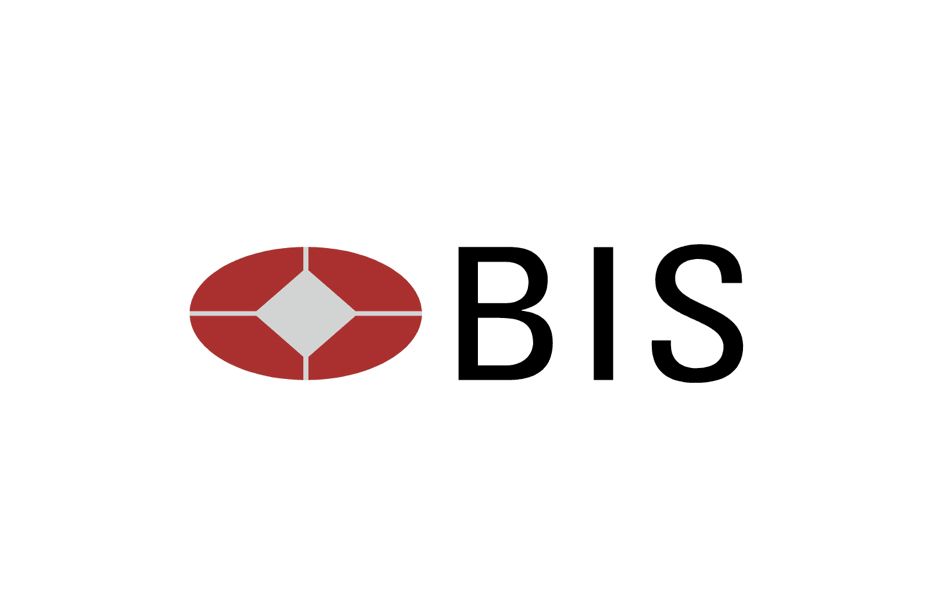


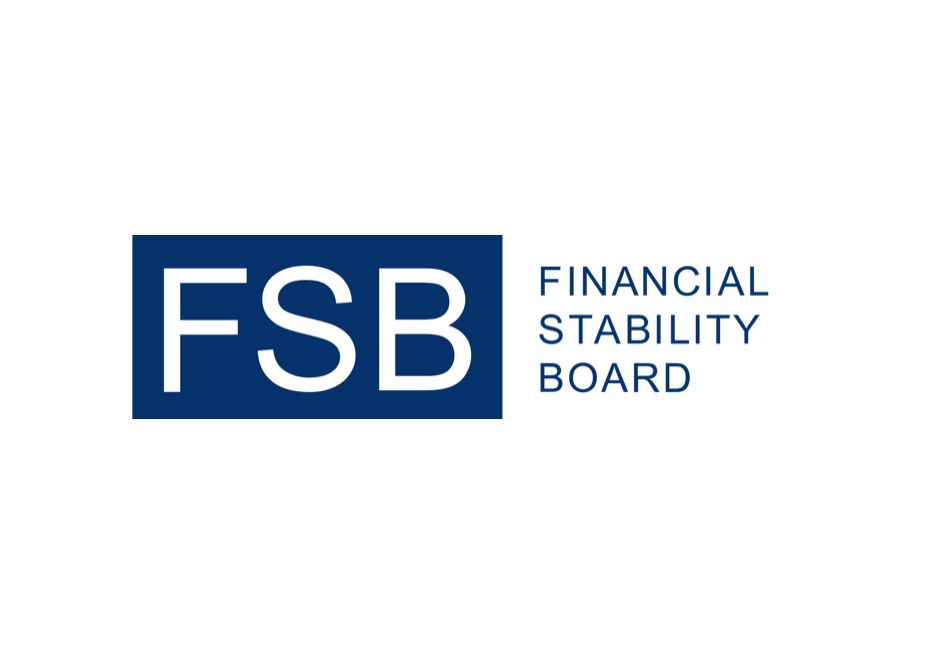
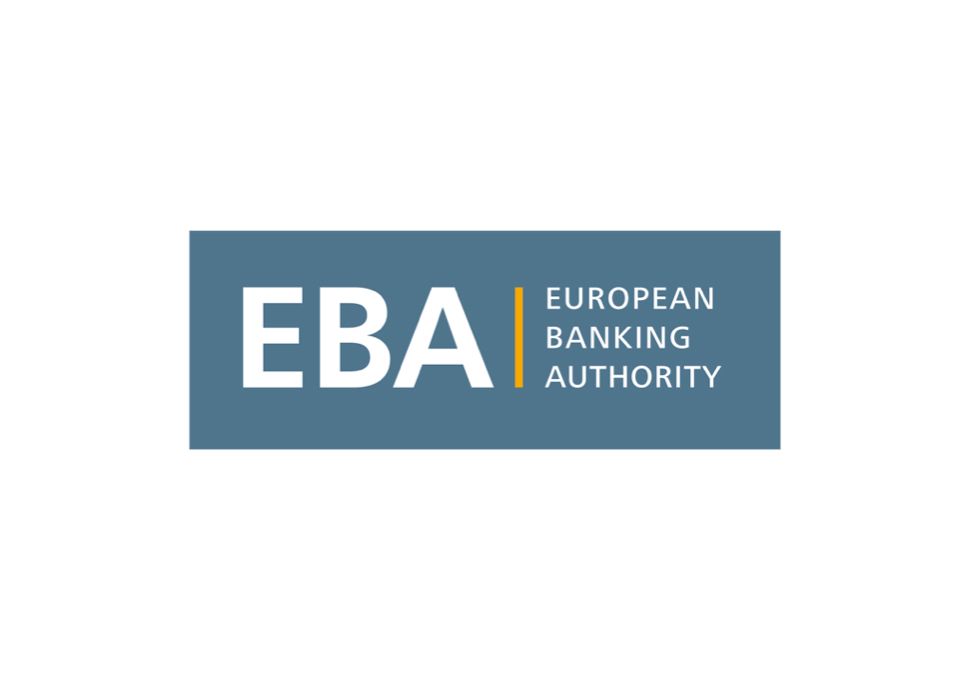

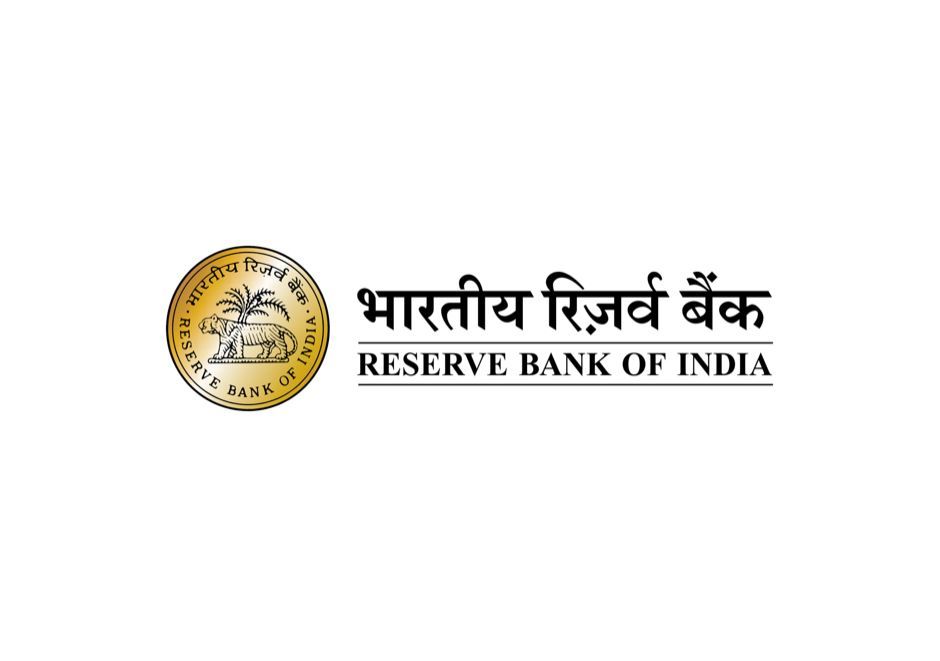
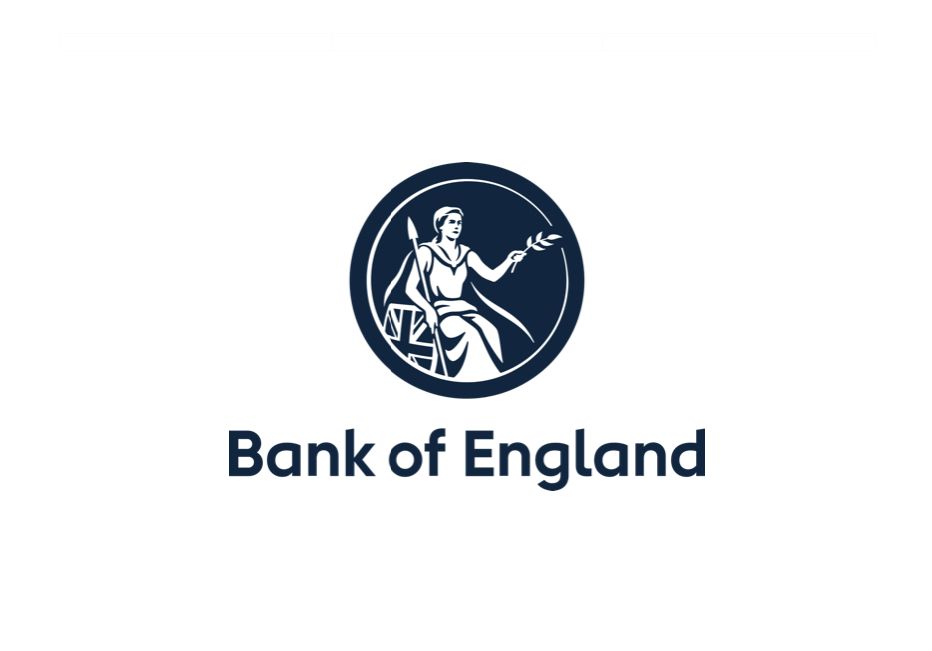
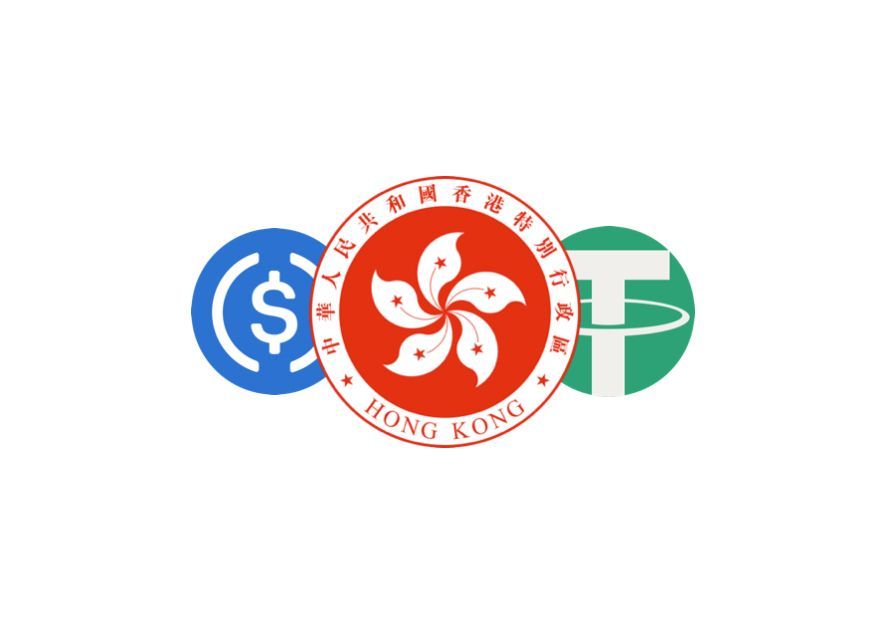
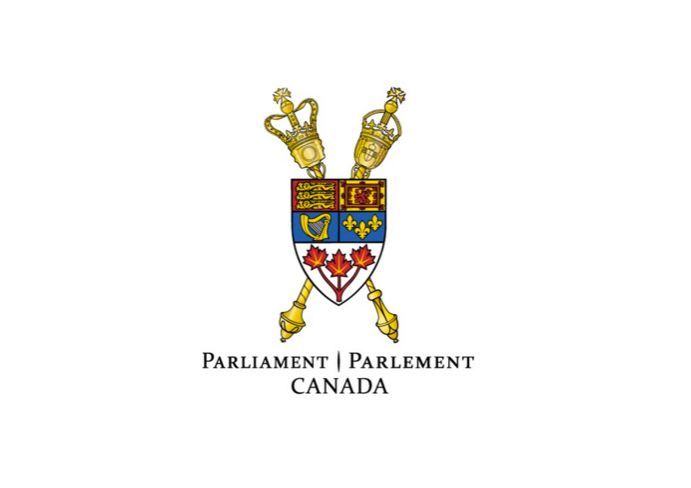
Disclaimer:
GlobalStablecoins.com is an informational website that provides news about coins, blockchain companies, blockchain products and blockchain events. Don’t take it as investment advice. Speak to an advisor before you risk investing in an ICO, Cryptocurrencies, Cryptoassets, Security Tokens, Utility Tokens, Exchange Tokens, Global Stablecoins, Stablecoins or eMoney Tokens. GlobalStablecoins.com is not accountable, directly or indirectly, for any damage or loss incurred, alleged or otherwise, in connection to the use or reliance of any content you read on the site.
Affiliate Disclosure / Sponsored Posts:
If a Sponsored Post contains any mention of a crypto project, we encourage our readers to conduct diligence prior to taking further action. GlobalStablecoins.com does not recommend that any cryptocurrency should be bought, sold, or held by you. Do conduct your own due diligence and consult your financial advisor before making any investment decisions.
GlobalStablecoins.com may receive compensation for affiliate links. Should you perform activities in relation to an affiliate link, it is understood that some form of compensation might be made to GlobalStablecoins.com. For example, if you click on an affiliate link, and sign up and trade on an exchange, GlobalStablecoins.com may receive compensation.
Before you invest in Cryptoassets you should be aware of the following,
Cryptoassets are considered very high risk, speculative investments.
If you invest in Cryptoassets you should be prepared to lose all your money.
All Sponsored Posts are paid for by crypto projects, coin foundations, advertising firms, PR firms, or other marketing agencies. GlobalStablecoins.com is not a subsidiary of any marketing agency, nor are we owned by any crypto or blockchain foundation.
The purpose of offering Sponsored Posts to our advertisers is to help fund the day-to-day business operations at GlobalStablecoins.com.
If you come across a Sponsored Post which you believe is fraudulent and/or “scammy,” please contact us and we will perform an immediate investigation.
All Rights Reserved | GlobalStablecoins.com

